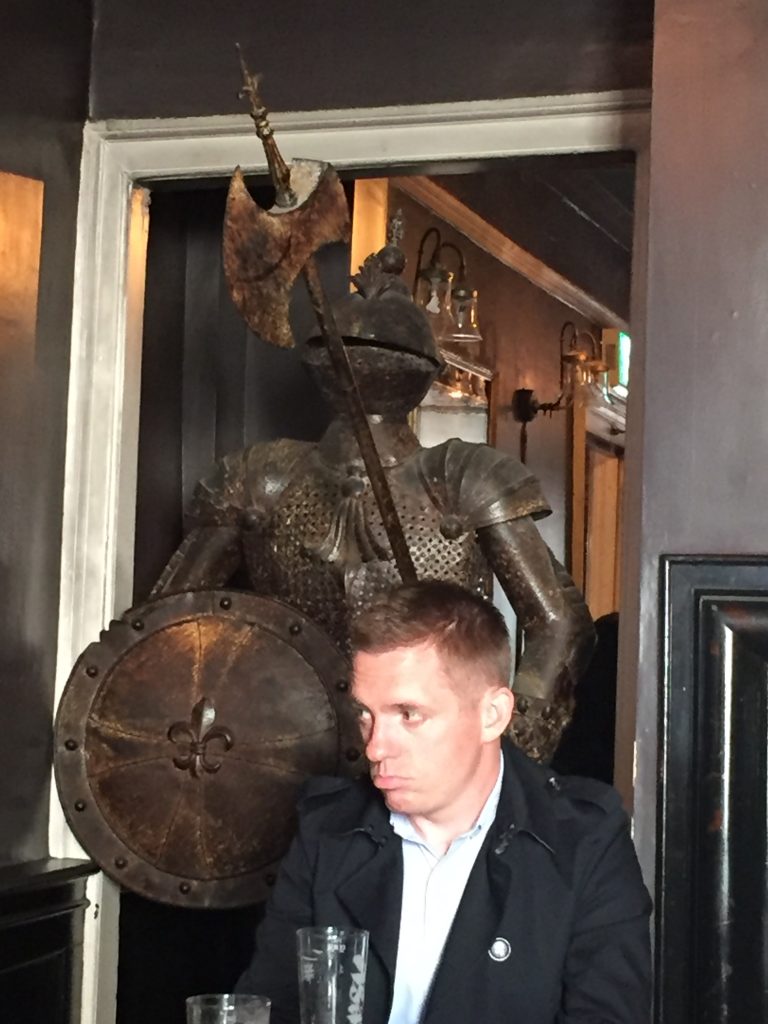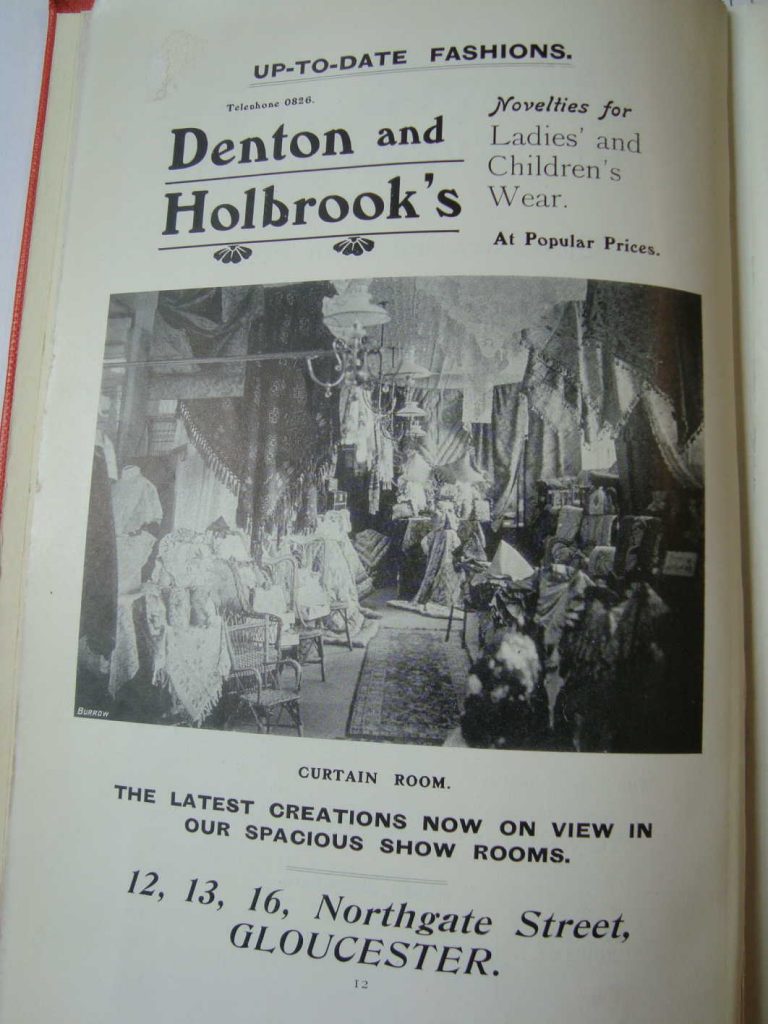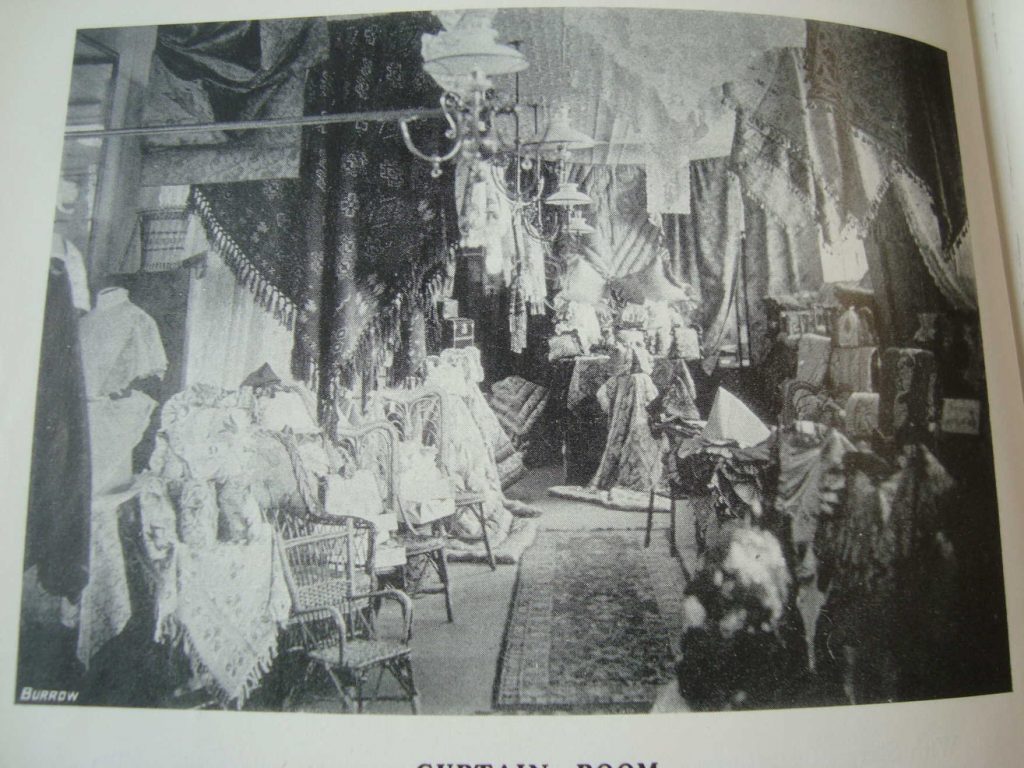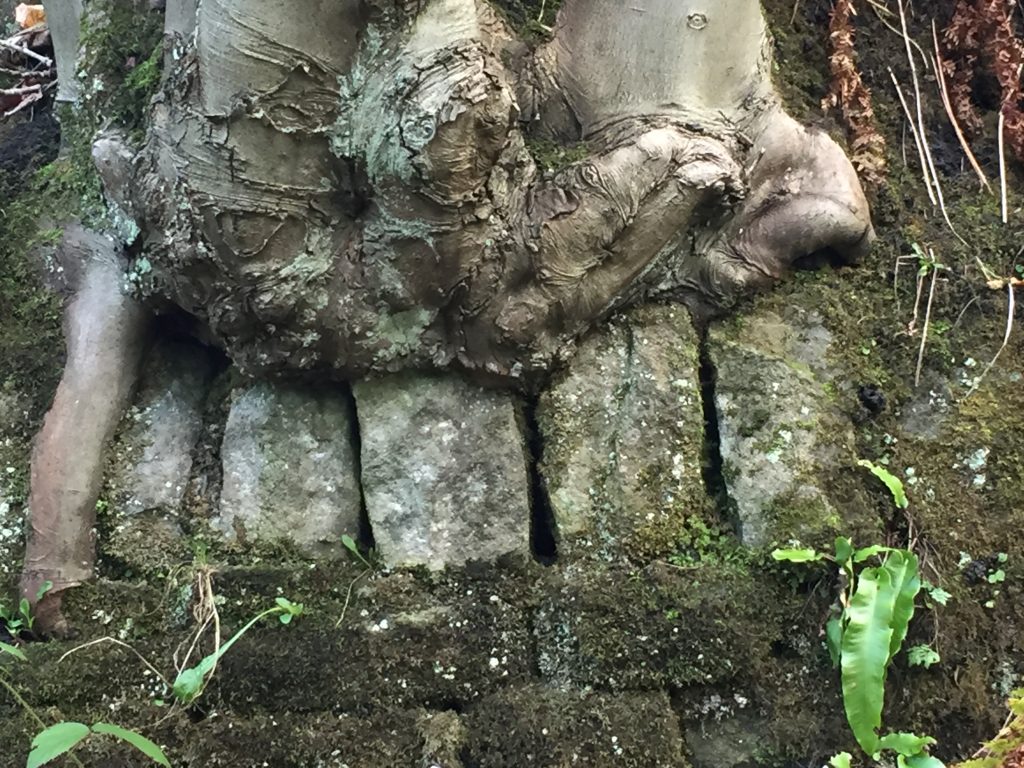
I woke up to rain. There was nothing gentle about it. It was violent, each droplet drilling its way into the sodden earth with the force of an unseen battering ram. But moments before I left to walk, Andante of course, to the railway station the opening movement of the suite had worn itself out and as the conductor raised his baton for the openings of the gentle pastorale the clouds dispersed leaving the sun it all its finery. The river, however, was still in an angry mood, a seething blanket of rich brown water with a rumble of bass tremolos punctuated by violin glissandi as twigs and branches raced underneath the bridge. The big puddle on the edge of Holme field, always present after a heavy rain, was basking, yes, radiating in its full glory. A family in wellies were wading through, enjoying their puddle-stomping, but a couple, ill-clad for such Calderdale surprises, had decided to take off their shoes and go for the bare footed approach. I opted to edge around the water in the deep mud preferring muddy boots to soggy socks for my day out with Van Gogh.
The station café was a hive of activity as busy bees consumed their chosen nectar at tables, and lovers passed their Saturday mornings whispering sweet nothings to their honeys. Did steamed up windows blur the outlines of passing trains or did the ghost of an engine in full steam just chug down the track?
On board the train was packed. Empty beer bottles and cans outnumbered the coffee cups and water bottles even at this early hour. Across the aisle from me 2 gold hobgoblins were doing battle with a can of Stella Artois, a can of Carling and 2 bottles of water while 2 phones looked on in amusement and the glasses case acted as referee. Beside them 4 gentlemen of a certain age were dressed in their Saturday best: brown leather shoes, fitted jeans, button down shirts and jackets – leather or linen. They talked in a language foreign to me – words like ‘interconnectivity’ ‘accumulated depreciation’ ‘differentiated target marketing’ fell like aleatoric fragments in an atonal score. I shared my table with three orange-faced women wearing shoes I’d barely be able to stand still in, let alone wobble, and certainly not move in straight line in the cobbled streets of Calderdale. Heavy smears of dark eyeliner and black eye brows drawn onto smooth brows peeked out from above pink leather jackets adorned with shiny jewelry which looked capable of being strong enough to tether a bull, while the length and sharpness of their matching fingernails would have allowed them to tear the bull apart with their bare hands. In the corridor between the coaches it was standing room only but the residents there seemed to be have a jolly old time judging from the sforzando outbursts of guffaws that seemed to increase in tempo in sych with the speed of the train. Half a dozen young ladies were struggling to inch their way along the aisle on their way to the toilet. To say they were scantily clad would be exaggerating the extent of their wardrobe. Judging by the looks they were receiving from the sitting passengers I was not the only one to think that these girls must have left home in a hurry – in their underwear. Two of them were trying to cover up as much exposed flesh as they could by wrapping jackets round their posteriors but that was tricky since that meant they couldn’t hide their chests with their arms at the same time. Something had to give! Meanwhile we’d sped through Halifax, taken a quick look at Bradford station before backing out, and had exchanged passengers at Leeds, so now it was standing room only in the aisles too. A large man stood by me. He had a large fully laden backpack, a laptop case over one shoulder and an enormous carrier bag in one hand. As the train progressed, so did his trousers. Down and down. By the time he got off – the train, that is – his trouser belt was below his buttocks and his underwear was following the downward trend exposing the white belly as . . .
the touselled heads of the rosebay willow herbs on the tracks bowed their demure heads, too shy to see what would be revealed next.

Just before reaching York the train pulled into the tiny station of Church Fenton. According to the 2011 census the population of this little village was 1392. It has a village shop, two pubs and an Indian restaurant in the former station building. A mass exodus from the train took place at this very spot. The orange ladies, the young ladies almost wearing clothes, the business men, the dad who’d been entertaining his two wellie-clad, superman sweat-shirted small boys with Quavers, rice crispie treats and Vimto, and the group Chinese students who had spent most of the journey lying prostrate, if such as thing is possible on a Northern Rail seat, covered in piles of coats, all got off in this middle-of-nowhere. I must have been gazing rather quizzically at this sudden departure of passengers because the man across from me offered ‘It’s the mint festival,’ by way of explanation. Immediately pictures from my former life in California came into my head: the Pacific Grove wildflower festival and the lovely begonia festival in Capitola For some reason I was finding great difficulty imagining these departing passengers drinking mint tea, sniffing mint soap, and carefully creating artistic displays of mint leaves, eager to be selected Best In Show. It wasn’t until I got home that I fully appreciated what I’d missed by staying on the train. Instead of immersing myself in the ‘incomparable universe of Vincent Van Gogh thanks to the most recent virtual projection technology’ I could have attended the Leeds End of Summer dance party and got absolutely immersed in torrential downpours throughout the day while listening to Patrick Topping, Gorgon City, Enzo Siragusa, Claptone and Richy Ahmed. Who?




Recent Comments